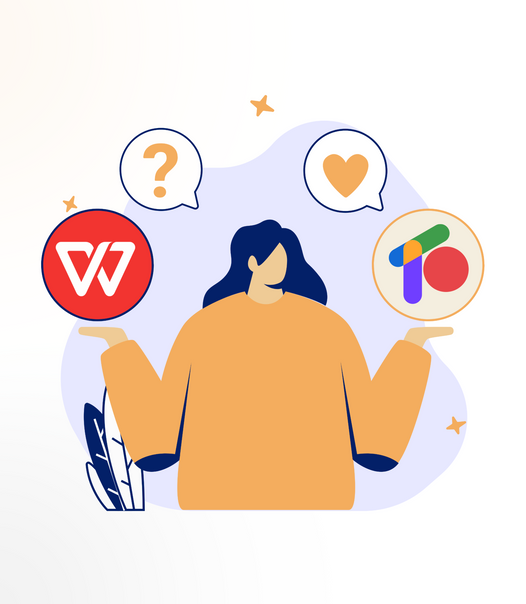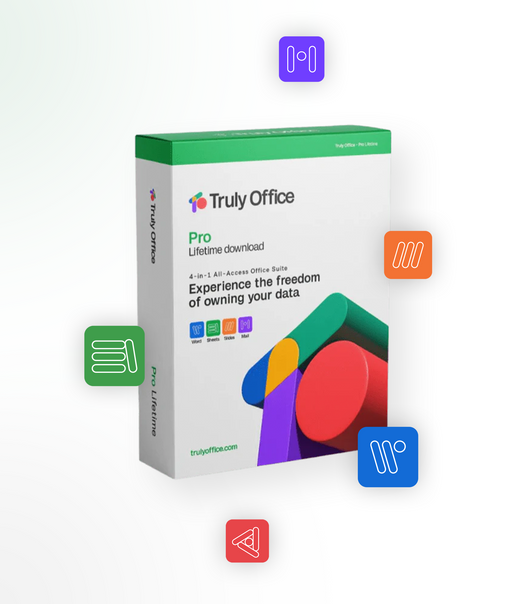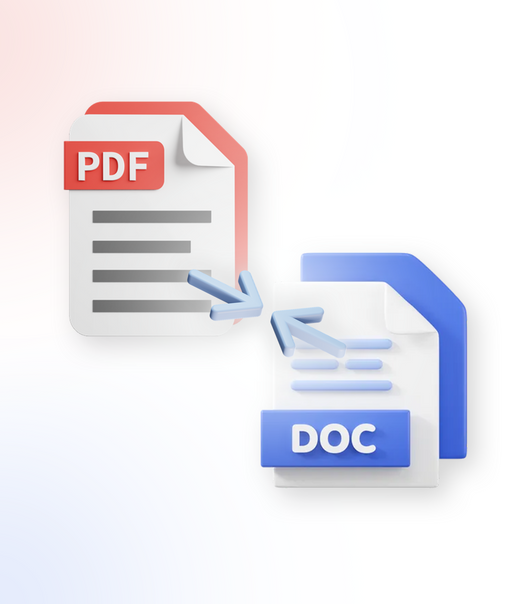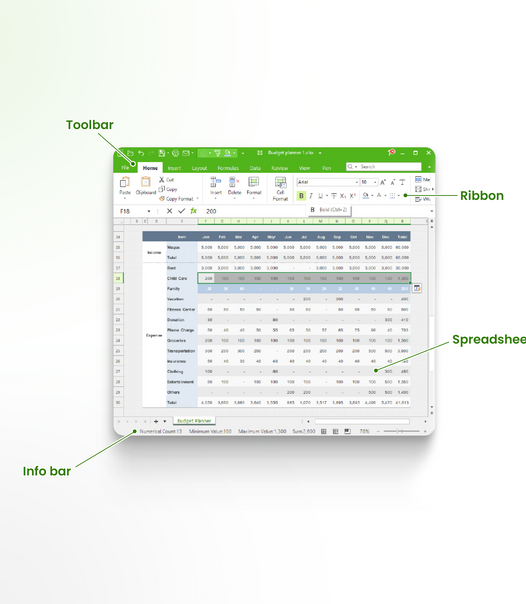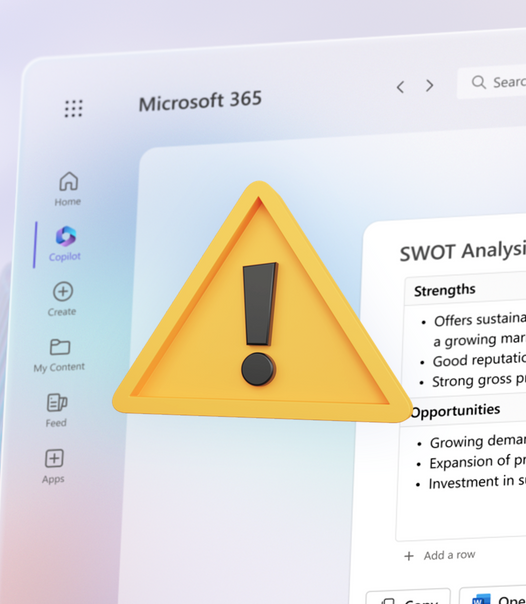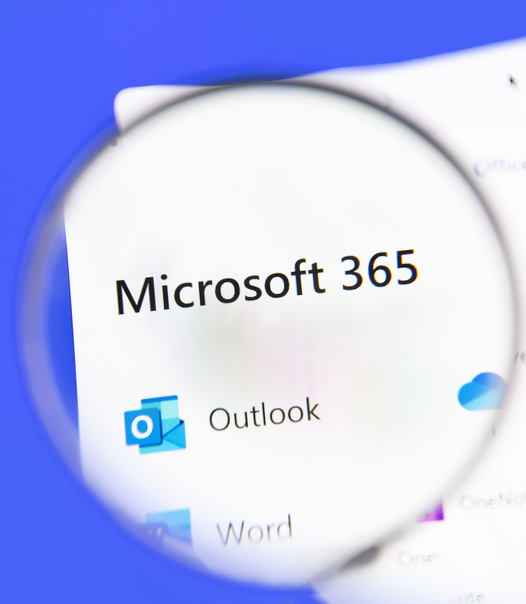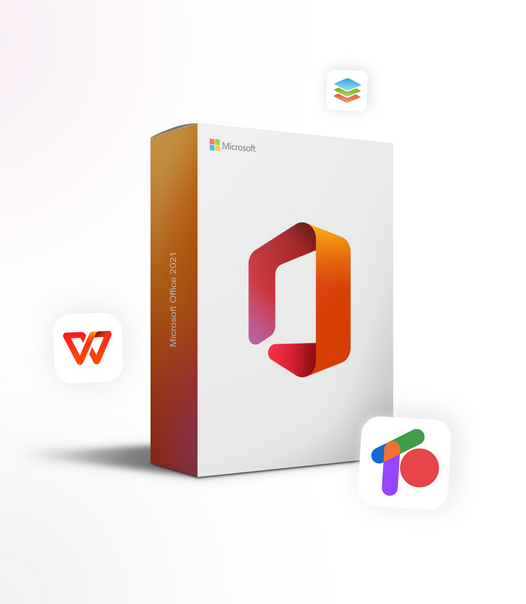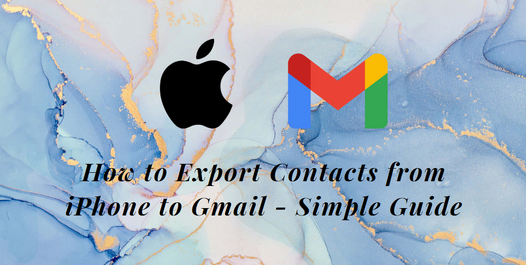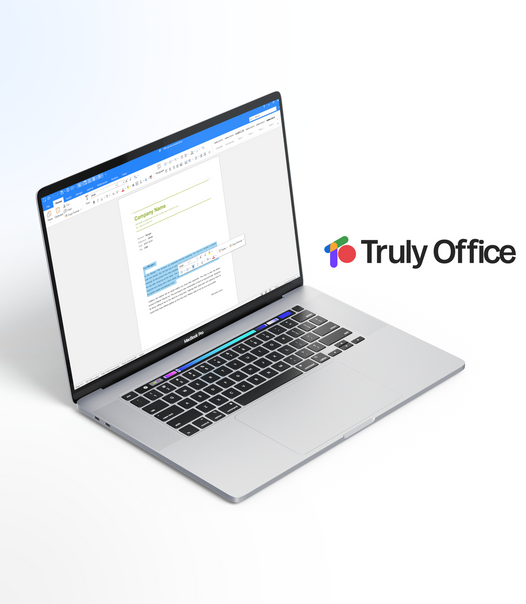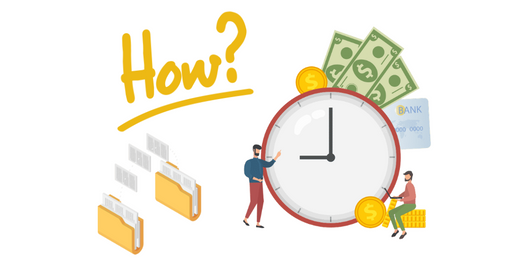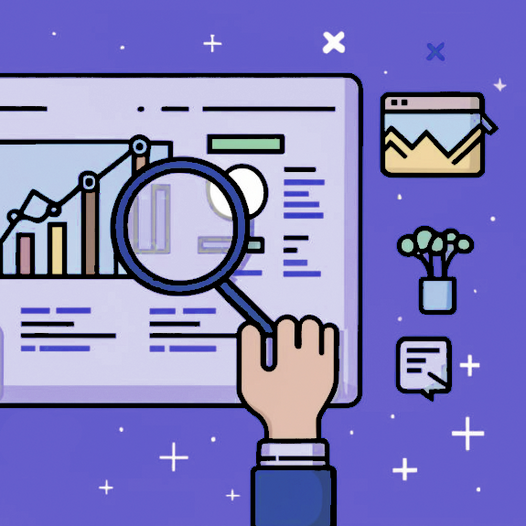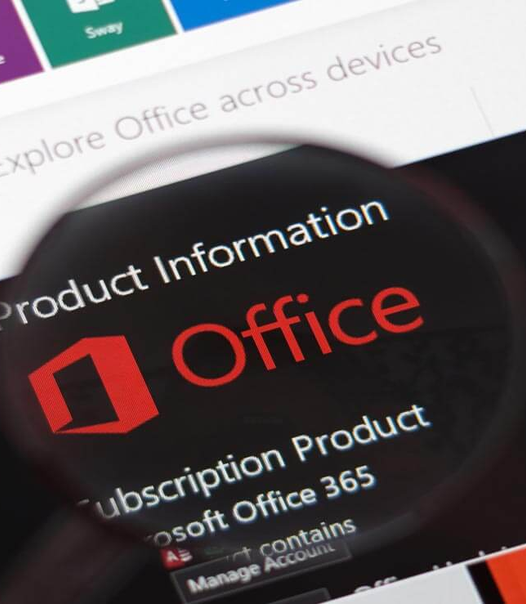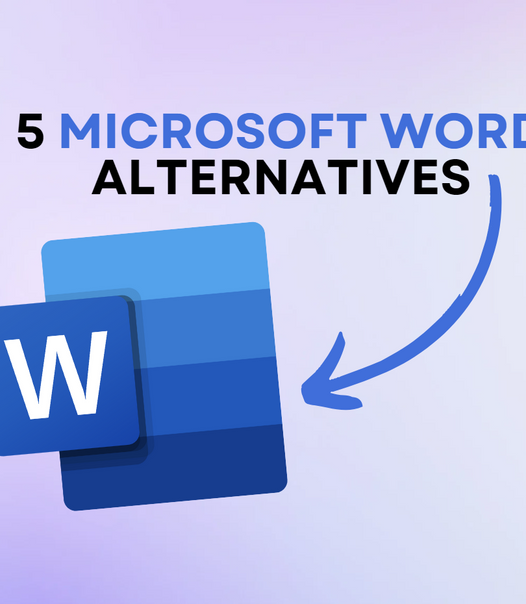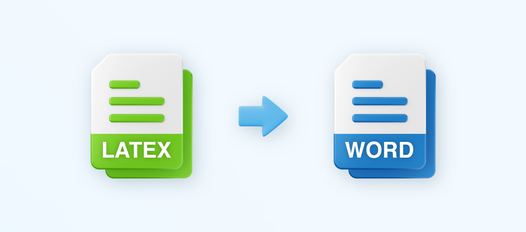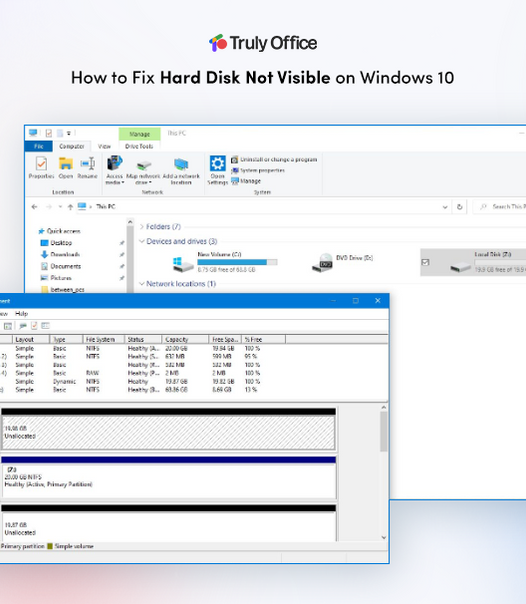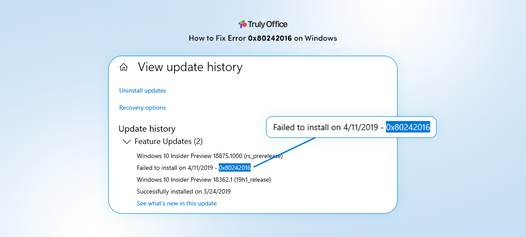Personal data has become a valuable resource, serving as the lifeblood that drives the operations and profitability of major technology companies. As you scroll through social media, browse websites, or use digital services, countless data points about you are being collected, stored, and analyzed.
While this data collection can enhance user experience by personalizing content and advertisements, it raises significant concerns about online privacy. Many companies operate in a grey space, often opaque about how much data they're collecting or how they're using it.
Understanding the extent of this data accumulation is paramount to protecting your privacy and controlling your digital footprint. In this article, we aim to shed light on the personal data collected by big tech companies and what you can do to protect yourself online.
What Personal Data Is Being Collected?
Big tech companies collect user data points, including contact details, location, IP address, browsing history, search queries, and payment records. This summary highlights their data collection practices and policies on sharing with third parties and suggests referring to data privacy statistics for deeper insights.
While browsing or using apps and services, the following information about you can be collected:
- Contact information, such as name, email address, and phone number.
- Location data like longitude, latitude, and time zone.
- Your IP address.
- Your search terms.
- Website and app activity.
This is nowhere near a complete list of possible data points, as many companies are vague in their privacy policies or CEO statements about what information they collect. Let's delve into greater detail on the four tech giants and their respective data collection practices.
Google is the most pervasive online service provider, with a product portfolio encompassing a search engine, email, streaming video services, social media networks, cloud computing solutions, and more. The company also provides an extensive list of values it collects from users for targeted ads.
Research conducted by Security.org has identified Google as the main offender in accumulating and storing large amounts of data. This technology giant gathers extensive information about its users and the world. Google collects everything from your exact location to your browsing history, your activity on third-party websites or apps, and even the content of your Gmail account.
What Data Does Google Collect?
If it's data, there's a good chance Google is collecting it.
| Google collects: | Google doesn't collect: |
|
|
Microsoft
Microsoft is the top provider of operating systems and business software, including widely used products such as Windows, Office, Outlook, and Skype. The company is also a key player in the gaming industry with its Xbox and related services. You will likely utilize Microsoft products or services unless you're an Apple devotee.
Microsoft's privacy policy lacks clarity and transparency, leaving users frustrated. While it is evident that user data is collected, the extent and nature of the information remain unclear. Microsoft stores contact details, location data, IP addresses, browsing history, and search terms on its servers. Data is collected through various channels, including registration and product purchases.
Users all around the globe are reliant on Microsoft's products and services and might need to be made aware that the company is harvesting large amounts of personal data.
What Data Does Microsoft Collect?
The data collection and privacy concerns are, in fact, so severe that Microsoft's products are banned from certain countries, including Germany.
| Microsoft collects: | Microsoft doesn't collect: |
|
|
Apple
Apple stands out among tech giants for its commitment to user privacy and data protection. With its proprietary operating system, hardware, software, and services powering digital devices worldwide, Apple is increasingly becoming a major player in technology. Its range of products includes the widely popular Mac computers, iPhones and iPads, Apple Music, iCloud, and various apps.
Apple's data collection policy is notably less intrusive than Google's or Microsoft's. The company explicitly states it does not collect customer information to target ads and does not store contact details on its servers. Moreover, Apple has been vocal about its commitment to user privacy, implementing various initiatives to protect personal data and increase transparency.
What Data Does Apple Collect?
While Apple takes a stance against other tech giants regarding data collection, it still collects a range of user information. For example, your iPhone might listen to you and collect your voice for various purposes.
| Apple collects: | Apple doesn't collect: |
|
|
Meta (Facebook, Instagram, etc.)
Facebook, owned by Meta, is the world's leading social media platform, boasting over three billion active users worldwide. The company also has a variety of other products, such as messaging app WhatsApp and photo-sharing service Instagram. It has tremendous influence over how we communicate and access information.
Meta's data collection practices have come under extreme scrutiny in recent years due to its history of data breaches and the sheer amount of user data it possesses. The company is infamous for collecting vast amounts of personal information from users, including contact details, location, IP address, browsing history, search queries, payment records, etc.
What Data Does Meta Collect?
Meta's privacy policy acknowledges that they collect a wide range of user information, but it's largely unclear how this data is used.
| Meta collects: | Meta doesn't collect: |
|
|
How to Protect Your Data
Given the vast amounts of personal data that tech giants collect, it's important to protect yourself. Here are a few tips for staying safe online:
1. Use Privacy-Focused Apps
The most effective way to protect your data is by using apps that prioritize user privacy. For example, instead of using Microsoft services like Microsoft Office, opt for a more privacy-focused alternative such as Truly Office.
At Truly Office, your privacy is the priority. The company is committed to protecting your data by not collecting or selling your personal information. There are many like-minded apps available on the market that prioritize user privacy, which you can easily use to replace Microsoft services.
Breaking free from ecosystems that collect and share your data is the best way to protect yourself online. Take back control over your digital life by switching to privacy-focused services.
2. Don't Trust Incognito Mode
Incognito Mode was introduced in many web browsers to protect your activity from being tracked. However, this mode merely prevents browsers from storing data on your device. It does not stop companies like Google or Microsoft from collecting and analyzing your data.
Instead of relying on Incognito Mode to protect your privacy, opt for a browser designed with user privacy in mind, such as Brave Browser. If you want another layer of protection, you can also check Tor - an open-source browser for privacy.
3. Use a VPN
A virtual private network (VPN) is a great way to protect your privacy online. A quality VPN service masks your IP address, making it much harder for websites, apps and services to access.
A reliable VPN service makes it harder, or near impossible, to track, trace and store your data. This makes it a great tool for preventing tech giants from collecting and selling your information. We recommend Mullvad as a reliable VPN service that takes user privacy seriously.
4. Clear Cookies and Cache
Whenever you enter a website, it stores data on your device through cookies and cache. This data can be used for various purposes, such as tracking your browsing activity or serving you targeted ads.
To safeguard your privacy against data collection, you should clear your cookies and cache regularly. Most web browsers have this feature in their settings, and we suggest doing it at least once a week. Concerned about losing your passwords during the process? Use a secure password manager to store them and avoid deletion along with your browsing data.
5. Opt-Out of Targeted Ads
Targeted advertisements rely on data collection to customize ads for a particular audience. They often collect information from different sources, such as websites you visit, products you view and purchase, and search queries. While this may be convenient, it can also be a privacy concern due to data collection.
To avoid these intrusive practices, opt out of targeted advertisements by changing the settings in your browser. Most browsers have options that allow you to prevent third parties from collecting data about your online activities.
Conclusion
Taking back control of your privacy is a big step towards protecting your personal data from tech giants. You've already made the first step by reading this article, so now it's time to act and protect yourself from data-collecting tech giants. Ensure you put the advice above into practice, and remember to share it with your family and friends!
The most important thing to remember is that your data is incredibly valuable, and it's up to you to protect it from being collected by tech giants. Implementing these tips can help you stay safe online and maintain control over your data.
Supercharge Your Productivity With Truly Office
Discover a new way to enhance productivity with Truly Office - the ultimate alternative to Microsoft Office. Unlock a world of possibilities by exploring our website and discovering the power of Truly Office. Take advantage of valuable writing tips, troubleshooting advice, and informative articles. Take your writing skills to the next level!
Ready to revolutionize your office suite? Dive deeper into our comprehensive suite of tools to make your work life easier. Join the growing community of satisfied users who have already switched to Truly Office.
Don't settle for the status quo. Remember, success starts with the right tools. Visit Truly Office now and experience a whole new level of productivity.




